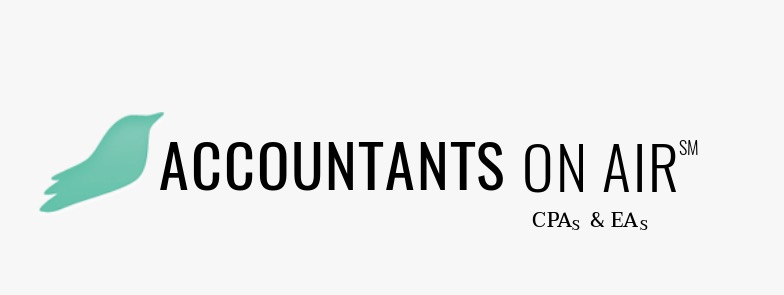Independent Contractor Description Template
Helping self-motivated Independent Contractor to swoop up orders used by the Swoop it Up app and deliver them. The Independent Contractor's responsibilities include completing assigned tasks with minimal supervision. You should also complete and file your tax returns in a timely manner. To ensure success as an Independent Contractor, you should possess excellent communication, analytical, and problem-solving skills. Ultimately, an outstanding Independent Contractor will produce high-quality work with minimal supervision.
Independent Contractor Responsibilities:
• Gathering the materials needed to complete the assignment.
• Overseeing the assignment, from inception to completion.
• Communicating assignment-related issues with the client as soon as they arise.
• Ensuring that assignments are completed according to stipulated requirements.
• Finalizing tasks by predetermined deadlines.
• Completing and submitting your tax returns in a timely manner.
Click here for a free tax consultation with Accountants On Air

Life as a Independent Contractor comes with a number of advantages compared to life as an employee. You have the ability to set your own hours, grow your income, and build a business according to your own terms. The downside is that you also face expenses and challenges that many employees don’t have to worry about.
The home office deduction:
If you work from home, you’ll be able to deduct part of your rent or mortgage payment under the home office deduction.
Deduction for office supplies:
You can deduct the cost of all the office supplies you buy for your business like paper, pens, staplers, printer cartridges, etc. Be sure to keep track of how much you spend and store your receipts in a safe place because every purchase makes a difference for your end-of-the-year tax return.
Deduction for travel expenses:
If you ever need to travel for your business, your expenses could be deductible. In general, you can deduct travel expenses like flights, hotel rooms, car rentals, tires, oil changes etc.
Deduction for advertising expenses and membership dues:
Expenses related to advertising your business and hopefully bringing in more business are tax deductible. This includes both print and web advertising.
Deduction for insurance premiums:
Self-employed workers like independent contractors can deduct their health insurance premiums. Costs to cover yourself and your family can be claimed as a deduction against your income.
Larger retirement plan contribution limit:
As a self-employed independent contractor, you won’t have access to a work-sponsored company retirement plan like a 401k, unless you go through the expense of setting one up for yourself, which doesn’t make sense for most independent contractors. This potentially would make it harder for self-employed workers to save for retirement because work plans often have a higher contribution limit than an Individual Retirement Account (IRA). The maximum amount you can contribute to an IRA is only $5,500 per year if you’re younger than 50 or $6,500 if you’re 50 or older.
Fortunately, as a independent contractor, you can set up a SEP IRA, which is a retirement plan for self-employed workers and other small business owners. With this plan, you can contribute up to a maximum of $53,000 a year, depending on your income. Every dollar you put in your SEP IRA is deductible from your income so you can save for retirement while lowering your tax bill.
Deduction for tax preparation fees:
When filing taxes as a self-employed find independent contractor, it’s probably worth having a trained tax professional prepare your return. This will help you avoid costly mistakes and could pay for itself as your accountant can help make sure you don’t overlook any valuable tax benefits. Even better, tax preparation fees are tax deductible so you’ll get one more way to save while ensuring your return is handled properly. By taking advantage of these top deductions for freelancers, you’re more likely to have more money left over for yourself and your business.
THIS MESSAGE DOES NOT ADDRESS ALL TAX ISSUES FOR FREELANCERS, AND IT CANNOT AND SHOULD NOT BE RELIED UPON AS LEGAL ADVICE. READERS ARE STRONGLY ENCOURAGED TO SEEK TAX ADVICE BASED ON THEIR PARTICULAR CIRCUMSTANCES FROM AN INDEPENDENT TAX ADVISOR.
